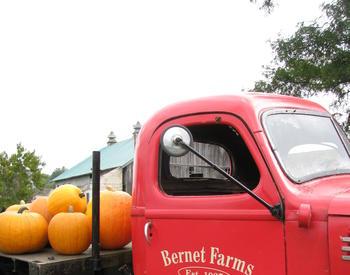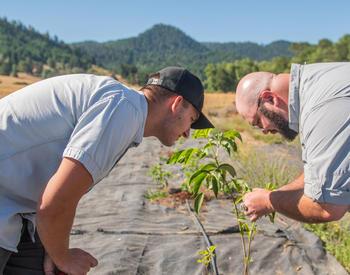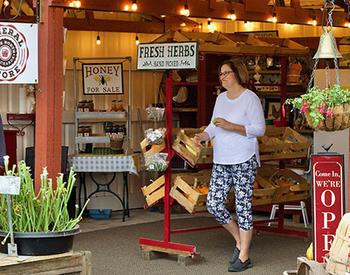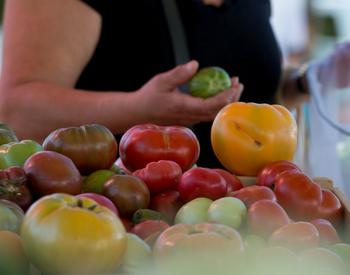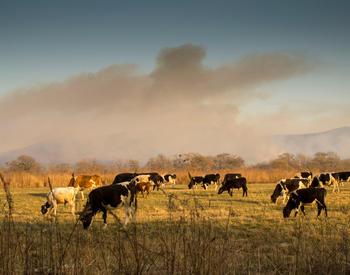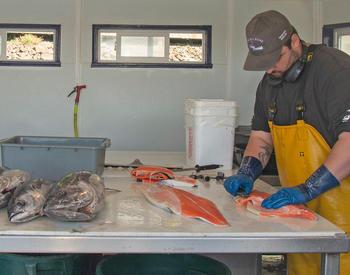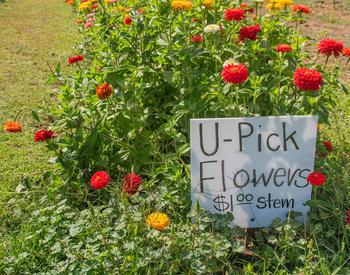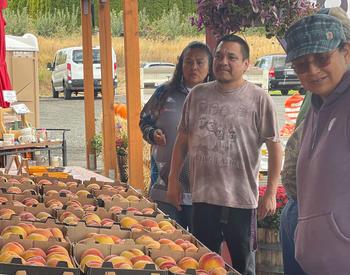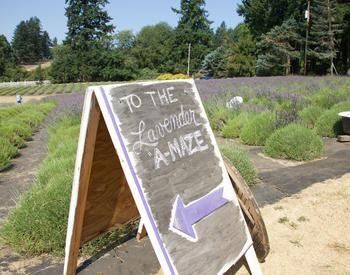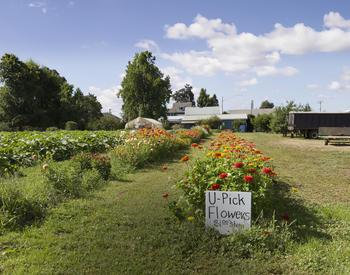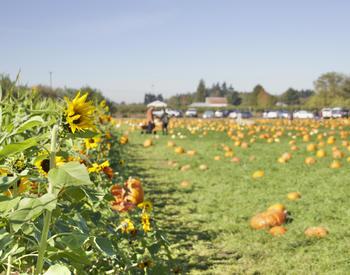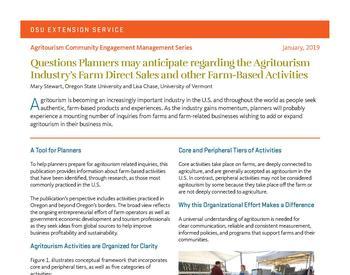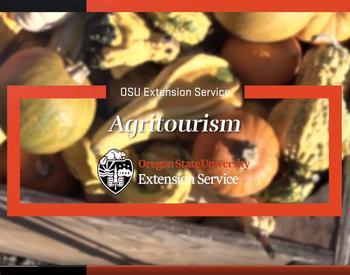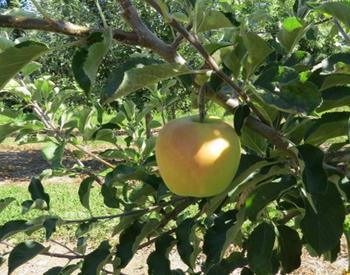So, you are going to embark on the adventure of adding an agritourism component to your farm business. By definition, agritourism involves inviting members of the public onto your farm to experience agriculture, learn about farming practices, buy products directly or possibly enjoy an event on the farm.
You have decided to open up your property to others to experience the agricultural lifestyle firsthand and become better connected to the products that you produce. This can open many doors in terms of expanding your customer base and educating the public about what it takes to run a farm.
However, certain types of agritourism can also bring more traffic, noise and crowds to your neck of the woods. Many of us cherish the rural lifestyle because it is quiet, less crowded and connects us to the land that provides a living for our families. Therefore, it is important to consider how this new business venture might affect your neighbors.
Good neighbor relations are essential to any farm operation, especially ones active in agritourism. In order to be successful, it is imperative to maintain or develop trust and a good working relationship with your neighbors.
Open communication and advance notification can ward off neighbor conflicts
Establishing open communication about events, tours or direct marketing opportunities is going to be essential in building supportive relationships with your community. Without this trust and understanding from your neighbors, your enterprise may suffer from avoidable conflicts. Make sure to let neighbors know who they can talk to regarding any questions or concerns with a new agritourism addition.
If you plan to open a farm stand or host an event on your farm property, it is best practice to notify your neighbors well before the opening. Perhaps provide them with a flyer about activities and invite them to attend at a discounted rate. This will allow you to demonstrate how your farm is an asset to the community.
Another idea suggested by farm bureau groups is to host a neighbors-only picnic and invite them to your farm. The best way to build a good relationship with community members is by face-to-face interactions.
Regarding large events with big crowds and musical acts, it is even more important to work with your neighbors in order to alleviate traffic and noise concerns. Elements like parking and waste management will be important elements to highlight in your agritourism plan.
It will be important to communicate how these new activities are contributing to your farm viability and educating people about agriculture. Always take opportunities to educate your neighbors about why you implement certain farm practices such as spreading manure or when harvest times occur.
Once your neighbors understand more about farm management, they are likely to be more tolerant and even become advocates for you. As an article by a Rutgers agritourism working group states, “If the neighbors consider the farm as part of their ‘own,’ they are much less likely to complain about issues and opt to go directly to the farm operator with their concerns.”
Land development in Oregon may be bringing increasing residential development and non-farmers into agricultural areas. These new residents may have little exposure to agricultural practices and could harbor misconceptions about farming activities in rural areas.
There are odors, noises and pesticides that are associated with farming and agritourism could add some additional conflict areas. If you are communicating with non-farmer neighbors, you can use this as an opportunity to bring awareness to the Right to Farm Act.
According to the Oregon Department of Agriculture: “This law protects growers from court decisions based on customary noises, smells, dust, or other nuisances associated with farming. It also limits local governments, and special districts from administratively declaring certain farm and forest products to be nuisances or trespasses (ORS 30.930). No farming or forest practiced on a farm located on lands zoned for farm or forest use shall give rise to any private right of action, suit or claim for relief based upon nuisance or trespass.”
Although right-to-farm laws are designed to protect farmers from nuisance complaints, such complaints can still occur, so it is vital to be proactive about possible conflicts with your neighbors. Agricultural producers are encouraged to share information about the timing of certain farm activities, the consequences if you were to stop a certain practice, and what some possible options could be to work toward a conflict solution.
Bringing the public onto your land can be difficult to manage, but with the right planning and tools, you can find success and bolster your farm business. Just remember that a main factor of cultivating agritourism will be building relationships with neighbors, customers and community members — without them there is no enterprise.
Resources
